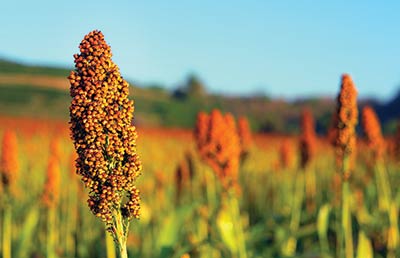Will Section 1031 Exchanges Disappear?

The chatter on tax reform is getting hotter (we may even get an update from the Big Six this week larger than one page). One of the items being hotly debated is the elimination or curtailment of Section 1031 tax-deferred exchanges. Currently, farmers are allowed to exchange their equipment for new farm equipment and usually owe no tax on the exchange. Also, farmers can sell less productive farmland and roll that gain over into new farm land and defer the tax. And if they pass away owning the property, the deferred gain will disappear.
If tax reform provides for a large increase in Section 179 (to the $2 million level), eliminating tax deferred exchanges on equipment may not be a big deal. For example, assume a farmer exchanges a fully depreciated tractor worth $100,000 for a new tractor worth $400,000. Under current law, the farmer does not report any gain and takes Section 179 on the boot of $300,000. If tax reform eliminates 1031 exchanges, the farmer will report ordinary gain of $100,000 and take Section 179 of $400,000 on the tractor. The bottom line is the same (in almost all cases). An issue could arise if the farmer sells right at year-end and then purchase new equipment after year-end.
However, with regards to the sale of farmland, the issue is not as good. Right now a farmer can sell their farmland, reinvest the sales price into new farmland and owe no tax. Under tax reform, the farmer may have to pay tax upfront and have less cash available to roll over. For example, assume a farmer sells their quarter section for $1 million with a cost basis of $250,000. The farmer purchases new farmland for $1.5 million. Under current law, the farmer reports no gain and his basis in the new land is $750,000 ($1.5 million less the deferred gain of $750,000). Tax reform would require the farmer to pay tax on the gain of $750,000 (at perhaps lower capital gains rates).
I think most farmers are not concerned about the elimination of 1031 exchanges on equipment if Section 179 is higher, but may be more concerned if they can’t do it on farmland. If this issue is of importance to you, then contacting your representative should happen now not later.
Paul Neiffer is a certified public accountant and business advisor specializing in income taxation, accounting services, and succession planning for farmers and agribusiness processors. Paul is a principal with CliftonLarsonAllen in Walla Walla, Washington, as well as a regular speaker at national conferences and contributor at agweb.com. Raised on a farm in central Washington, he has been immersed in the ag industry his entire life, including the last 30 years professionally. Paul and his wife purchase an 180 acre ranch in 2016 and enjoy keeping it full of animals.

Comments are closed.